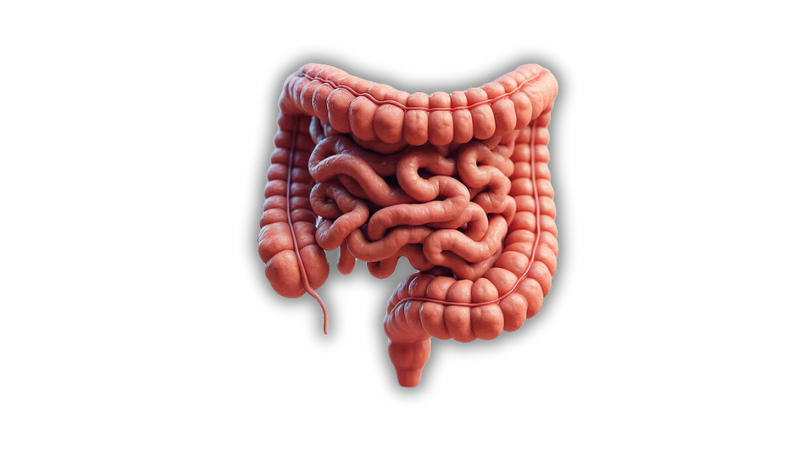Gastric & Constipation

Causes:
Dietary Factors: Low fiber intake, dehydration, or excessive consumption of dairy or processed foods can contribute to constipation.
Lack of Physical Activity: Sedentary lifestyle can slow down bowel movements.
Medications: Certain medications, like opioids or some antacids, can cause constipation as a side effect.
Medical Conditions: Conditions such as hypothyroidism, diabetes, or irritable bowel syndrome (IBS) can affect bowel function.
Lifestyle Changes: Travel, stress, or changes in routine can also impact bowel habits.
Symptoms:
Infrequent bowel movements (fewer than three times per week).
Hard, dry stools that are difficult to pass.
Abdominal pain or cramping.
A feeling of incomplete evacuation.
Bloating and discomfort.
Gut health

1. Gut Health and Immune System
– The gut is home to trillions of bacteria, collectively known as the gut microbiome, which plays a critical role in maintaining the body’s immune system. A healthy gut microbiome helps protect against harmful pathogens and regulates immune responses. When the gut microbiome is imbalanced (a condition called dysbiosis), it can lead to chronic inflammation, which is a known trigger for various diseases such as autoimmune disorders, allergies, and even cancer.
2. Nutrient Absorption and Vitality
– The gut is responsible for breaking down food and absorbing nutrients essential for every bodily function. If the gut is compromised, nutrient absorption is impaired, leading to deficiencies that can affect energy levels, cognitive function, and overall health. Poor gut health can manifest as fatigue, skin problems, and weakened immunity, among other issues.
3. Gut-Brain Connection
– The gut and brain are closely connected through the gut-brain axis, a communication network that links the central nervous system and the digestive system. This connection explains why gut health is crucial for mental well-being. An unhealthy gut can lead to anxiety, depression, and other mental health conditions. Conversely, stress and emotional disturbances can negatively impact gut function, creating a vicious cycle.
4. Detoxification and Waste Elimination
– The gut is a key organ in detoxification and waste elimination. When it functions properly, the body effectively removes toxins and waste products. However, when gut health is compromised, toxins can build up in the body, leading to various chronic diseases, including liver disorders, skin conditions, and even hormonal imbalances.
5. Chronic Diseases and Gut Health
– Research increasingly shows that many chronic diseases, such as diabetes, obesity, heart disease, and inflammatory bowel disease, are linked to poor gut health. For example, imbalances in gut bacteria can contribute to insulin resistance, inflammation, and metabolic disorders, all of which are precursors to chronic illness.
At MSG Naturopathy
The gut’s influence on overall health is profound. By maintaining a healthy gut through a balanced diet, regular exercise, stress management, and possibly probiotics or other natural therapies, you can prevent or alleviate many health.
